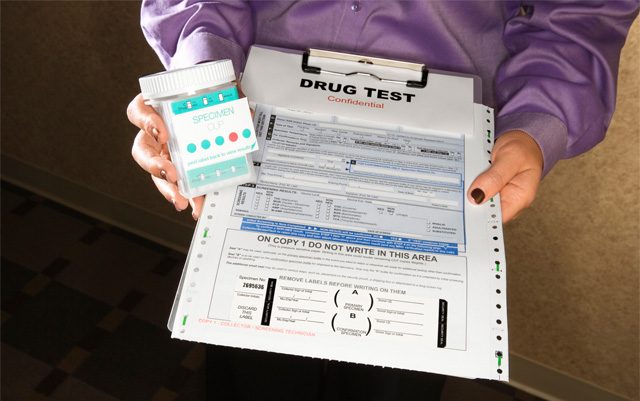Just weeks before the New Year, when California was set to open recreational sales, followed by Massachusetts and Maine later this year, Attorney General Jeff Sessions held a closed-door meeting with a small group of drug policy experts to discuss options for handling the quickly spreading state-level legalization of cannabis.
One of those policy experts was Dr. Robert DuPont, a drug warrior from the 1970s, who in the 1980s lead the spreading of the then-popular “gateway drug” theory, which has since been proven false.
DuPont was at the hearing to speak on drugged driving – an issue he has gone as far as to help write a national model bill on back in 2010. The proposed bill would require drug testing of all drivers who law enforcement believed may be driving under the influence.
It also calls for drivers to be charged with possession of a controlled substance if they tested positive for any illicit drugs, regardless of how much showed up in their system. In the case of cannabis, it also specified that they would be charged, regardless of current state laws legalizing medical marijuana.
Now he is also proposing that doctors should have the right to test for drugs the same way they check cholesterol levels and blood sugar to detect diabetes, therefore “approaching addiction in the same way” as any other disease.
If DuPont’s plan were to go through, doctors could drug test patients routinely, especially if they suspect drug use, and then force them into treatment against their will by threatening them with criminal prosecution. This could include mandated monitoring and random drug testing for a period of up to five years.
Though DuPont denies any financial incentive to push for expanding drug testing policies into medicine or DUIs, he has previously held status as a shareholder, advisor and consultant to numerous drug testing companies, including Psychemedics and CAM International Ventures. He was also the first director of the National Institute on Drug Abuse from 1973-78 and ran a drug testing firm called Besinger, DuPont & Associates back in 1991.
“Drug testing is the technology of addiction medicine, but it’s underutilized,” DuPont said. “We want [drug screens] to be routine in all medicine. The health-care sector in general should approach addiction in the same way as diabetes, and that includes monitoring. Doctors already check for things like cholesterol and blood sugar. Why not test for illicit drugs?”
This is basically an insult to everyone who has been fighting to see addiction classified as a disease and a public health issue in the past, since the idea was to never violate patients’ rights and force them into treatment.
“People don’t understand that referral to treatment is futile for an addict on their own,” DuPont told The Daily Beast. “Right now, the public really thinks that if we provide treatment the addicts will come and get well… that’s not true. So let’s use the leverage of the criminal-justice system, that’s what the programs in the New Paradigm want to do.”
This proposed policy change could also lead to many cannabis users being forced into treatment that is not necessary – which already happens more often than it should due to DUIs, drug possession charges, and school or workplace drug testing that then requires cannabis users to submit to rehab-type classes to return to work or school, or stay out of jail. Since the laws would be federal, it would also mean doctors could force cannabis users into treatment, regardless of state laws legalizing the herb.
In a time when opiate addiction is at a steady peak and cannabis is being examined as a possible treatment for opioid addiction, it’s hard to imagine such laws being put into place and effectively being enforced.
As the national opinion on cannabis changes, the government will need to set these prohibitionist ideals aside, and realize that forcing drug users into treatment is not how we will solve this epidemic.







…there is really no limit….to American stupidity.
According to the article that I have recently read, the Golden state of smokers, California can expect the higher quality and more expensive weed.